Aliphatic nucleophilic substitution is mainly of two type SN1 and SN2.SN2 reaction proceed with strong nucleophile in polar aprotic solvent. 3∘ halides do not give SN2 reaction. Inverted products are obtained in this reaction and mechanism of reaction occurs through the formation of transition state.
SN1 reaction proceed through the formation of carbocation in polar aprotic solvent. Solvent itself acts as nucleophile in this reaction. Racemization takes place in SN1 reaction.
Which one of the following will give racemised product in C2H5OH ?
H3C−C∣CH3H−Br
Ph−CH3∣C∣CH3−Cl
Ph−CH3∣C∣H−Cl
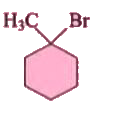
The correct Answer is:C
Similar Questions
Knowledge Check
Aliphatic nucleophilic substitution is mainly of two type SN1 and SN2.SN2 reaction proceed with strong nucleophile in polar aprotic solvent. 3∘ halides do not give SN2 reaction. Inverted products are obtained in this reaction and mechanism of reaction occurs through the formation of transition state.
SN1 reaction proceed through the formation of carbocation in polar aprotic solvent. Solvent itself acts as nucleophile in this reaction. Racemization takes place in SN1 reaction.
Which one of the following will give SN2 reaction ?AH3C−CH3∣C∣CH3−ClB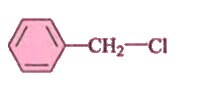 C
C DH2C=CH−Cl
DH2C=CH−ClAliphatic nucleophilic substitution is mainly of two type SN1 and SN2.SN2 reaction proceed with strong nucleophile in polar aprotic solvent. 3∘ halides do not give SN2 reaction. Inverted products are obtained in this reaction and mechanism of reaction occurs through the formation of transition state.
SN1 reaction proceed through the formation of carbocation in polar aprotic solvent. Solvent itself acts as nucleophile in this reaction. Racemization takes place in SN1 reaction.
Which of the following compounds will give SN1 reaction?APh−CH3∣−∣ClCH2CH3BH3C−ClCH3C−CH2−BrD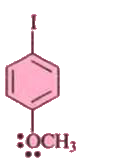
Aliphatic nucleophilic substitution is mainly of two type SN1 and SN2.SN2 reaction proceed with strong nucleophile in polar aprotic solvent. 3∘ halides do not give SN2 reaction. Inverted products are obtained in this reaction and mechanism of reaction occurs through the formation of transition state.
SN1 reaction proceed through the formation of carbocation in polar aprotic solvent. Solvent itself acts as nucleophile in this reaction. Racemization takes place in SN1 reaction.
Which one of the following will give SN2 reaction?AH3C−CH3∣C∣CH3−ClB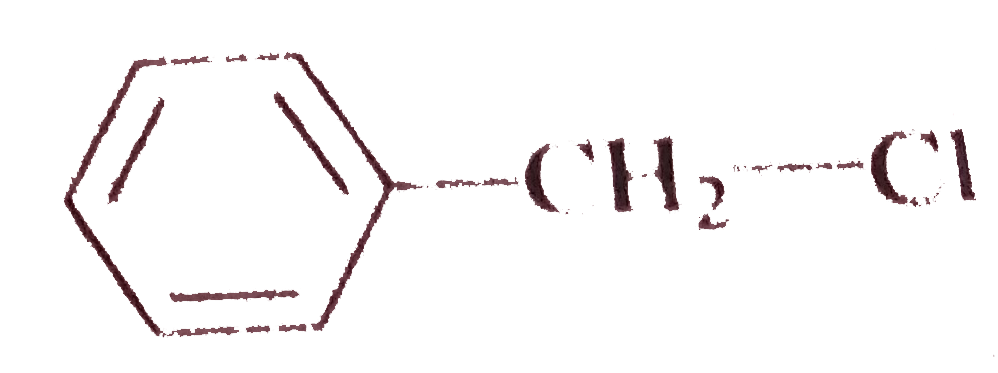 C
C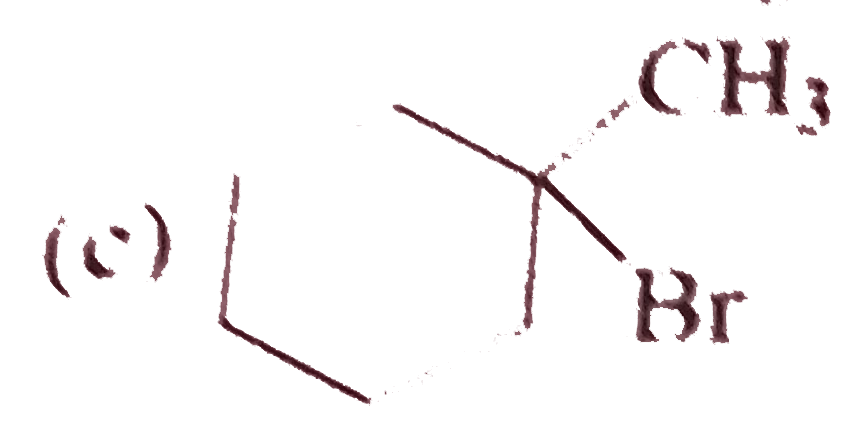 DH2C=CH−Cl
DH2C=CH−Cl
Aliphatic nucleophilic substitution is mainly of two type SN1 and SN2.SN2 reaction proceed with strong nucleophile in polar aprotic solvent. 3∘ halides do not give SN2 reaction. Inverted products are obtained in this reaction and mechanism of reaction occurs through the formation of transition state.
SN1 reaction proceed through the formation of carbocation in polar aprotic solvent. Solvent itself acts as nucleophile in this reaction. Racemization takes place in SN1 reaction.
Which of the following compounds will give SN1 reaction ?
View SolutionBest nucleophile in polar aprotic solvent is
View SolutionAn SN2 reaction occurs through the formation of a
View SolutionSN2 mechanism proceeds through the formation of
View SolutionSN2 mechanism proceeds through formation of :
View Solution

